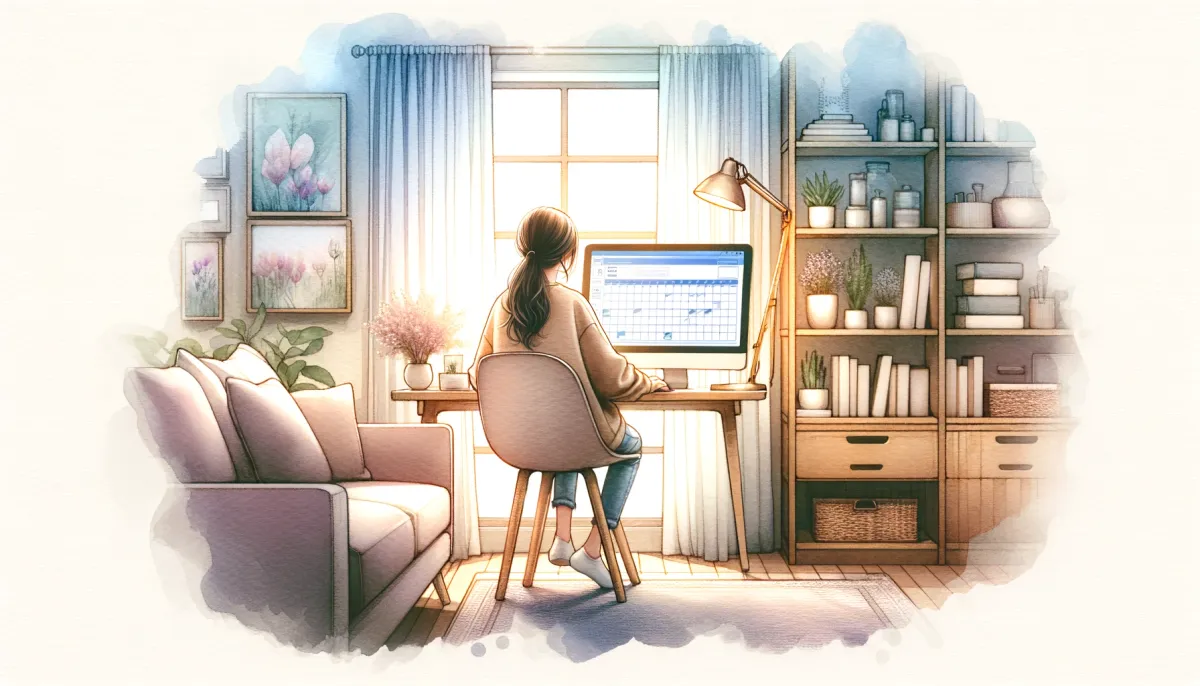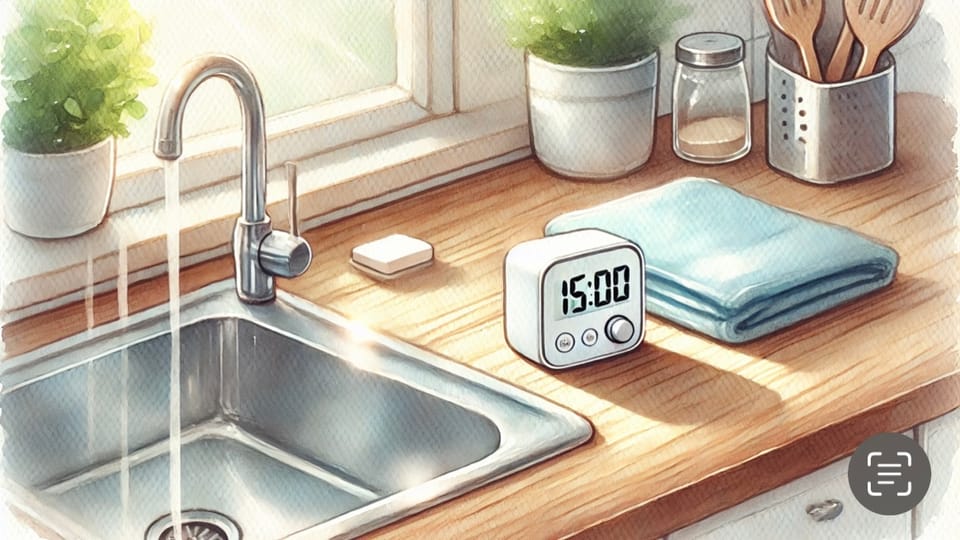Why Routines Are Important and How to Create Them: Practical Tips Based on Fly Lady Methods

Routines are invisible structures that provide order and efficiency in daily life. They are key to time management and maintaining a balance between work, household chores, and personal time. In this article, we will discuss why routines are necessary and how to create your own based on the principles of the Fly Lady method.
Why Are Routines Necessary?
Routines provide stability and predictability in our lives. They help us structure our day, reduce stress, and increase productivity. When actions become habitual, we spend less effort on performing them and have more time for important tasks or relaxation.

Here are a few reasons why routines are so important:
Reducing Stress: When we have an established order of actions, we worry less about forgetting to do something important. This is especially relevant in the morning as we prepare to start the day and in the evening as we prepare for rest.
Increasing Productivity: Routines help us focus on completing tasks. When we do the same thing every day at the same time, it becomes a habit, and we can perform it faster and more efficiently.
Improving Health: Regular physical exercise, proper nutrition, and sufficient sleep can all be included in our routines, positively affecting our physical and emotional state.
Saving Time: Routines save time in decision-making and finding things. For example, a morning routine might include preparing clothes and a bag the night before, reducing morning rush.
Organizing Space: Routines help maintain cleanliness and order at home. When cleaning becomes part of daily or weekly routines, the home stays tidy, and the need for major cleanings decreases.
Creating Positive Habits: Gradually introducing new elements into our routines can form beneficial habits that improve our quality of life. For example, reading before bed instead of watching TV can improve sleep quality.
Stability and Security: Routines provide a sense of stability and security, especially for children. They know what will happen and when, reducing anxiety levels.
Work-Life Balance: Routines help separate work and personal time, which is especially important for those who work from home. Setting clear boundaries and times for work and rest can prevent burnout and maintain balance between different aspects of life.
Types of Routines
Morning Routine: Start the day with a clear plan. Include actions such as waking up at a set time, morning exercises, breakfast, and kitchen cleanup. Example: Upon waking, drink a glass of water, do a short yoga practice, and prepare a nutritious breakfast.
Work Routine: Define time for work and breaks. Divide work tasks into time blocks with set breaks. Example: Are the first two hours of the morning the most productive? Plan complex tasks and important calls during this period.
Evening Routine: Prepare for winding down before bed. Include actions such as dinner, preparation for the next day, and relaxing procedures. Example: Check your to-do list for tomorrow and prepare necessary items to ensure a smooth morning.
Practical Tips for Creating Routines
- Start Slowly: Do not try to implement many new routines at once. Start with one or two and gradually add new elements.
- Write Down Your Routines: It’s important to have a written plan. Write a list of actions for each routine and place it in a visible spot.
- Set Familiar Cues: Link routines to specific events or times of day to make them habitual. For example, the morning routine can start right after waking up.
- Be Flexible: Routines should help, not become a burden. Allow yourself to deviate from the plan if necessary, but return to it as soon as possible.
- Track Your Progress: Record your achievements and progress in following routines. This will help you see your growth and motivate you for further improvement.
Creating and maintaining routines requires time and effort, but their benefits are immense. Routines are an indispensable tool for creating an organized and harmonious life. They help us manage daily responsibilities, maintain order, and find time for rest and self-development. By creating and following routines, we not only increase our productivity but also improve the overall quality of life.
Use these practical tips and Fly Lady methods to create effective and enjoyable routines that will help you achieve balance and harmony in your life.




